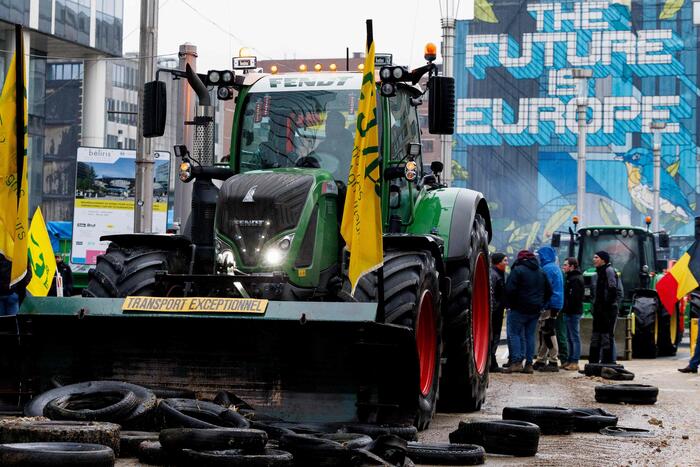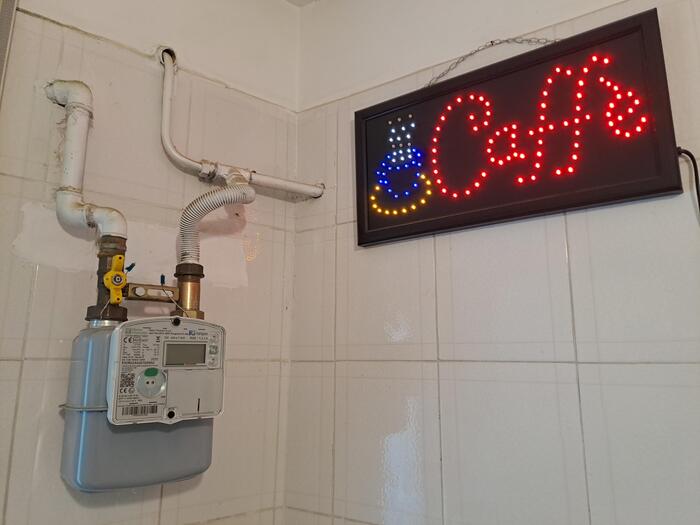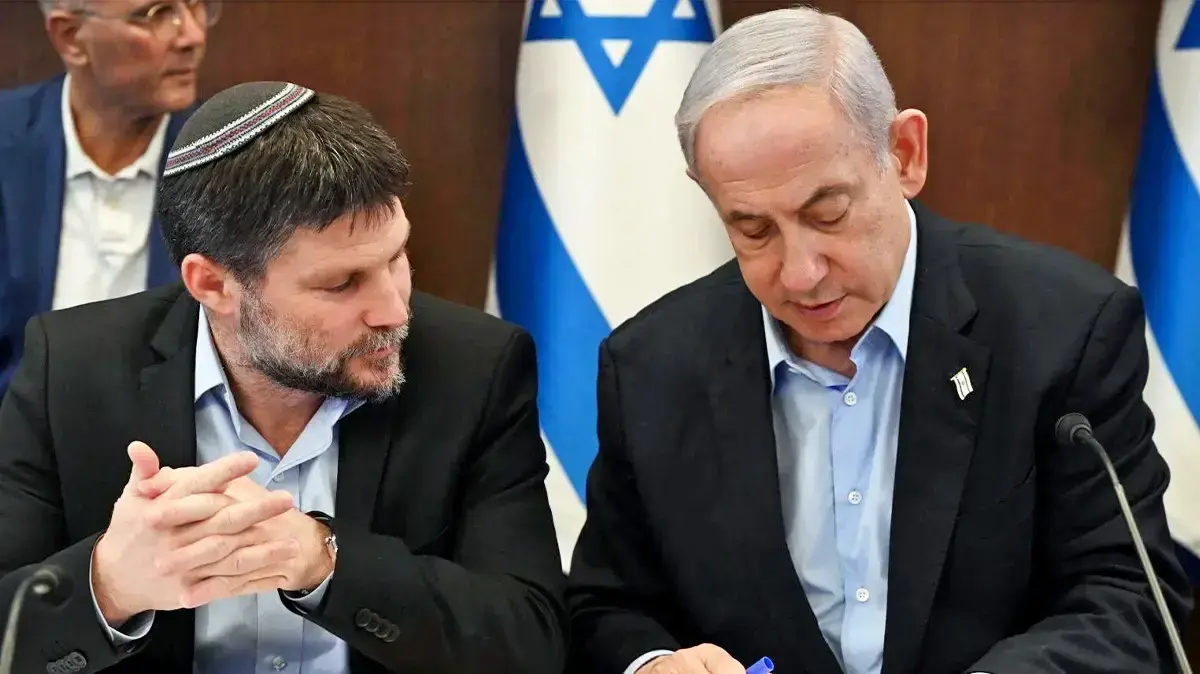Enlarge image
EU Commission in Brussels: For months, the EU countries have been arguing about measures to control the fluctuating gas price
Photo: Zhang Cheng / dpa
Because of the unresolved dispute over a European gas price cap, countries such as Spain and Italy have blocked an EU agreement on other emergency measures in the energy crisis.
The ministers had agreed in principle on emergency laws for joint gas purchases and faster approvals for solar systems, for example, said State Secretary Sven Giegold after a meeting of the EU ministers responsible for energy in Brussels.
However, the formal decision should only be taken at another special energy council on December 13th.
According to Giegold, the reason is that many states want to decide on the gas price cap at the same time.
For months, the EU countries have been arguing about measures to control gas prices, which have fluctuated sharply in the wake of the war in Ukraine.
Under pressure from a large number of states, the EU Commission has proposed capping the price of gas sold on the TTF trading venue under certain circumstances.
That would affect major customers who trade there - not end consumers, as is the case with the federal government's gas price brake.
More than half of the EU countries are in favor of such a cap.
However, countries such as Italy, France, Belgium, Malta, Spain and Poland do not find the proposal sufficient.
"For us, this is a joke after so many weeks of discussions and proposals," said Polish Environment Minister Anna Moskwa.
Spain's Green Transition Minister, Teresa Ribera, said the proposal would fall short of what EU states had called for.
"It appears to have been designed to guarantee that it would never be used."
Germany is fundamentally critical of a fixed cap.
"It is important for us that the markets do not get confused, but that we instead tackle the causes of the high prices," said Giegold.
This is due to the dependency on Russian gas, the shortage of gas and high consumption.
EU Commission calls for higher German gas reserve for February
Meanwhile, the EU Commission has specified new storage levels for natural gas for the coming year – Germany is also affected by this.
The Brussels authority set the interim targets for gas reserves in the EU in 2023.
According to this, Germany must reach a storage level of 45 percent by February 1st.
So far, German law has stipulated a minimum memory level of 40 percent.
The target set by the EU Commission is binding – but there is a margin of five percentage points.
Only then would the Commission step in to secure supplies.
The federal government would therefore not have to fear any consequences.
It was initially unclear whether the federal government wanted to change the German law to meet the new requirements.
The Commission also stipulates that German storage facilities must be 10 percent full by May 1st, 30 percent by the beginning of July and 65 percent by the beginning of September.
The aim of the interim status is to secure the supply in winter 2023/2024.
ani/dpa














